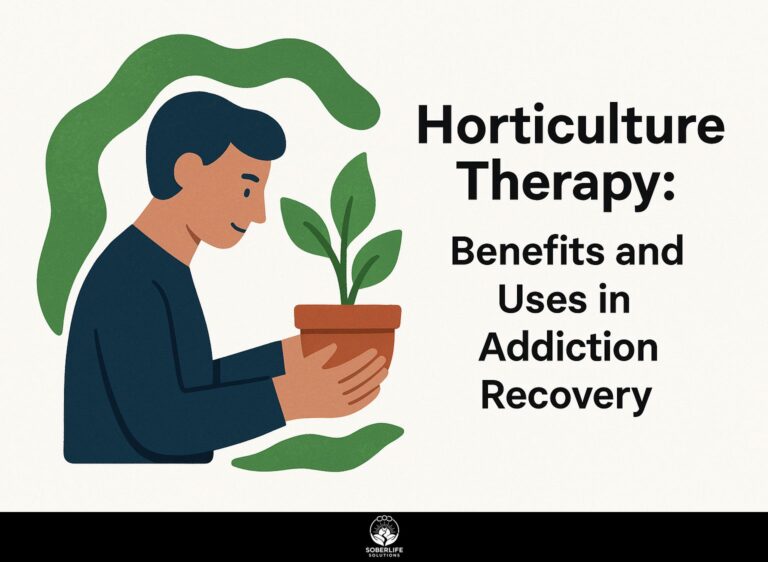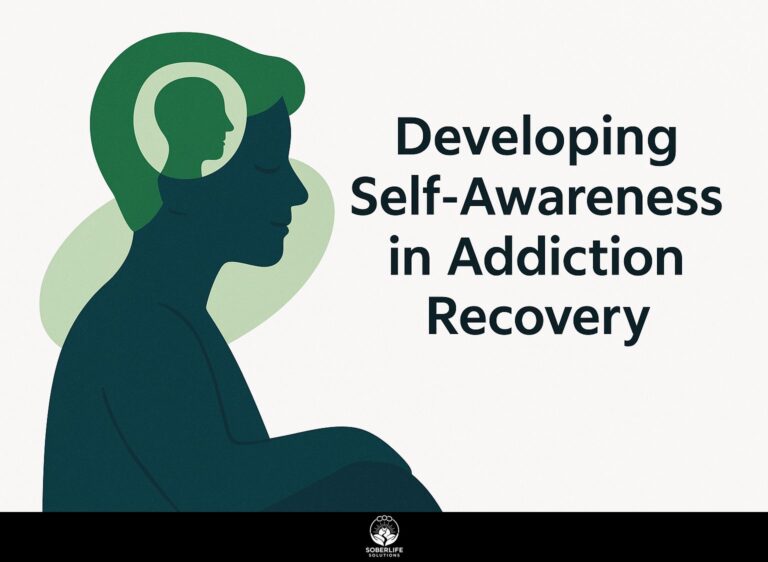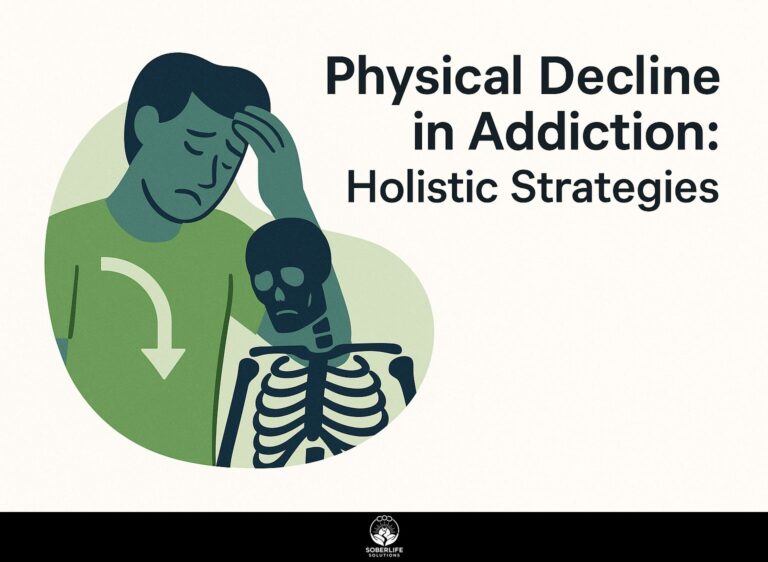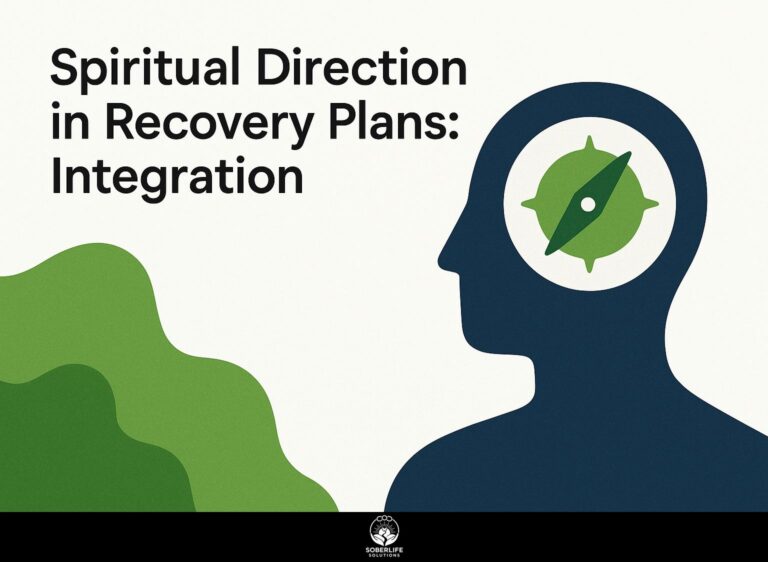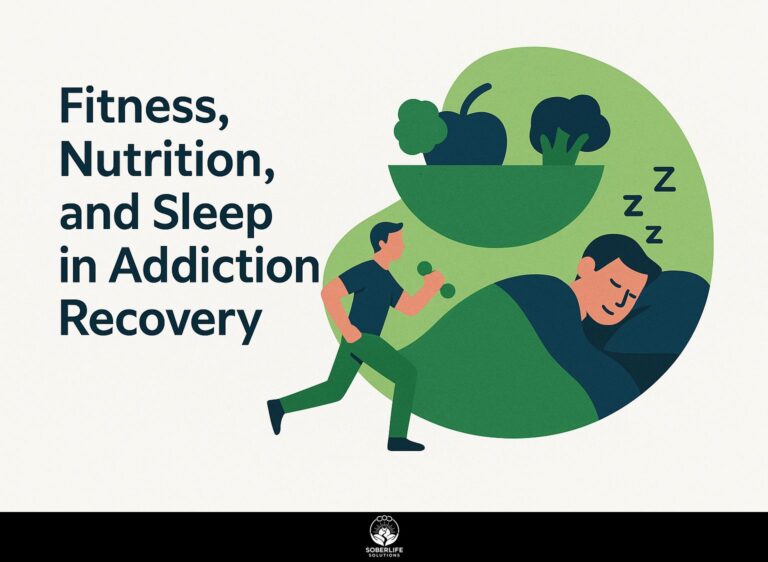Holistic Approaches: Mental and Emotional Healing
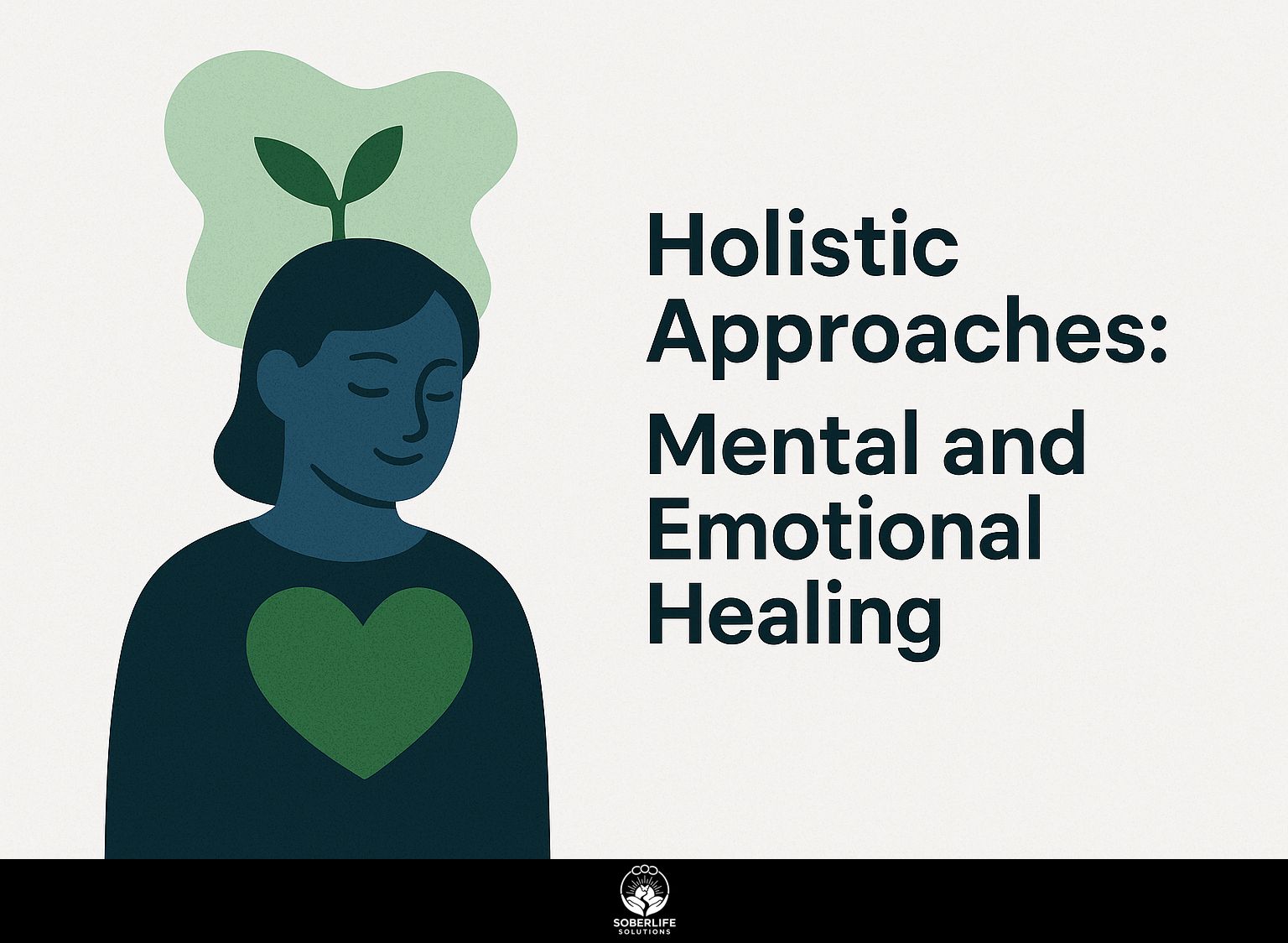
Enhancing mental health begins with complete care, addressing both thoughts and emotions. In this review of holistic medicine, we will look at treatment methods backed by evidence, such as recreational therapy, to strengthen emotional health. With information from Treatment Connection, learn how combining these practices can improve your mental health experience, offering a way toward real recovery and wellness. Come and learn about these new techniques for improving mental health.
Key Takeaways:
Knowing About Mental and Emotional Health
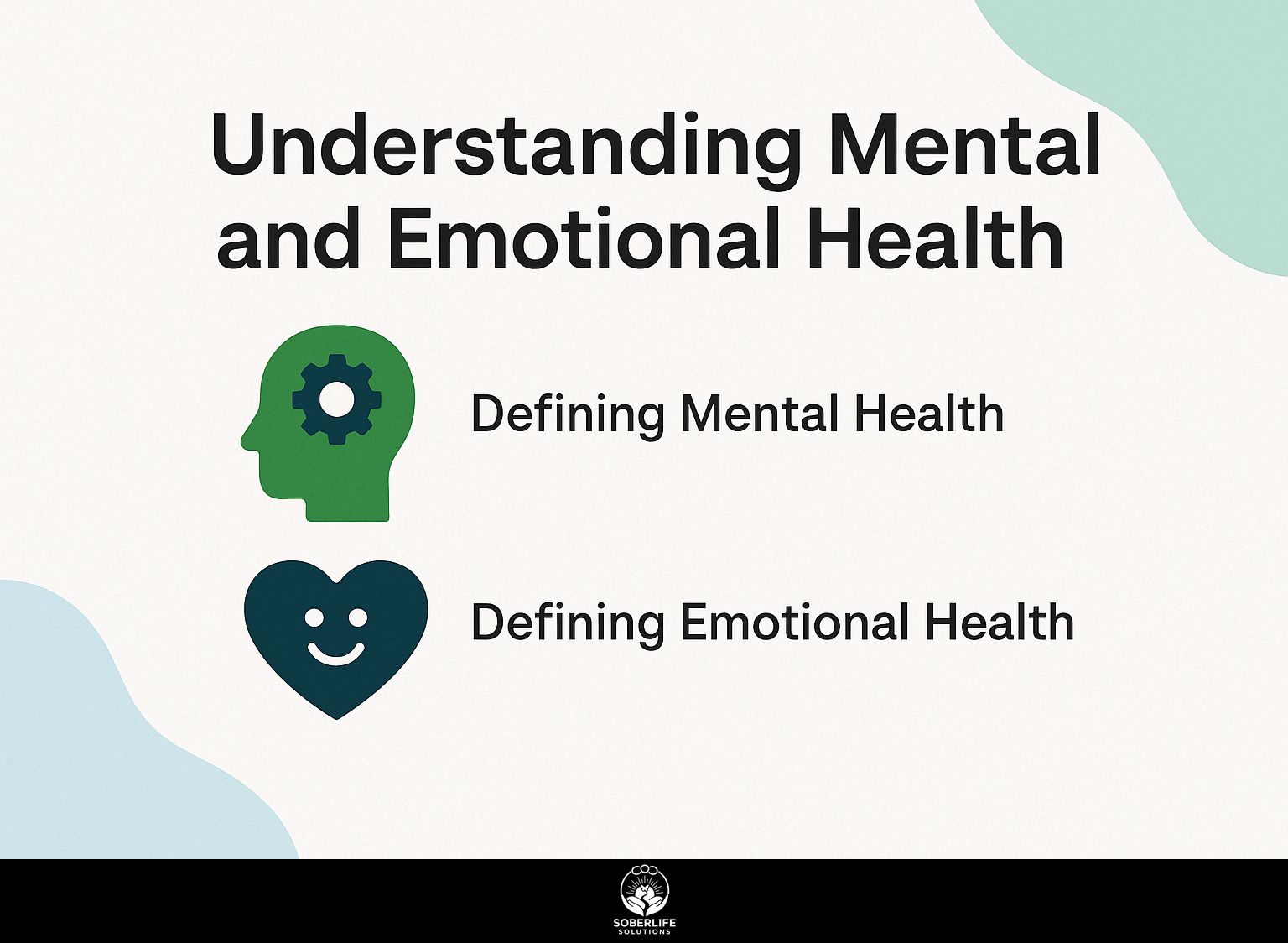
Knowing the differences between mental and emotional health is important for creating successful ways to support overall care. Related insight: How sobriety improves mental health can further enhance your understanding of maintaining a balanced well-being.
Defining Mental Health
Mental health is about the mind and emotions, affecting thoughts, feelings, and actions each day.
It encompasses various aspects, including our ability to manage stress, build relationships, and make decisions.
Some common mental health issues mentioned in the DSM-5 include anxiety disorders, which involve a lot of worry, and mood disorders like depression, where ongoing sadness impacts everyday activities.
Looking after mental health can involve going to therapy, practicing mindfulness, or using tools like mood tracking apps such as [Moodfit](https://www.getmoodfit.com/) and [Daylio](https://daylio.net/).
These resources promote self-awareness and help individuals identify patterns, supporting improved mental resilience.
Defining Emotional Health
Emotional health encompasses the ability to manage thoughts, feelings, and behaviors effectively, facilitating emotional regulation and coping mechanisms.
To improve your emotional well-being, try adding mindfulness exercises to your daily schedule.
Techniques such as deep breathing, meditation, or yoga can significantly improve self-awareness and emotional resilience. For instance, starting your day with a 10-minute meditation using an app like Headspace or Calm can help center your thoughts.
Engaging in recreational therapy, such as art or music therapy, can provide a creative outlet for expression and stress relief.
Regularly doing these activities helps maintain emotional balance and supports general well-being.
Holistic Healing Principles
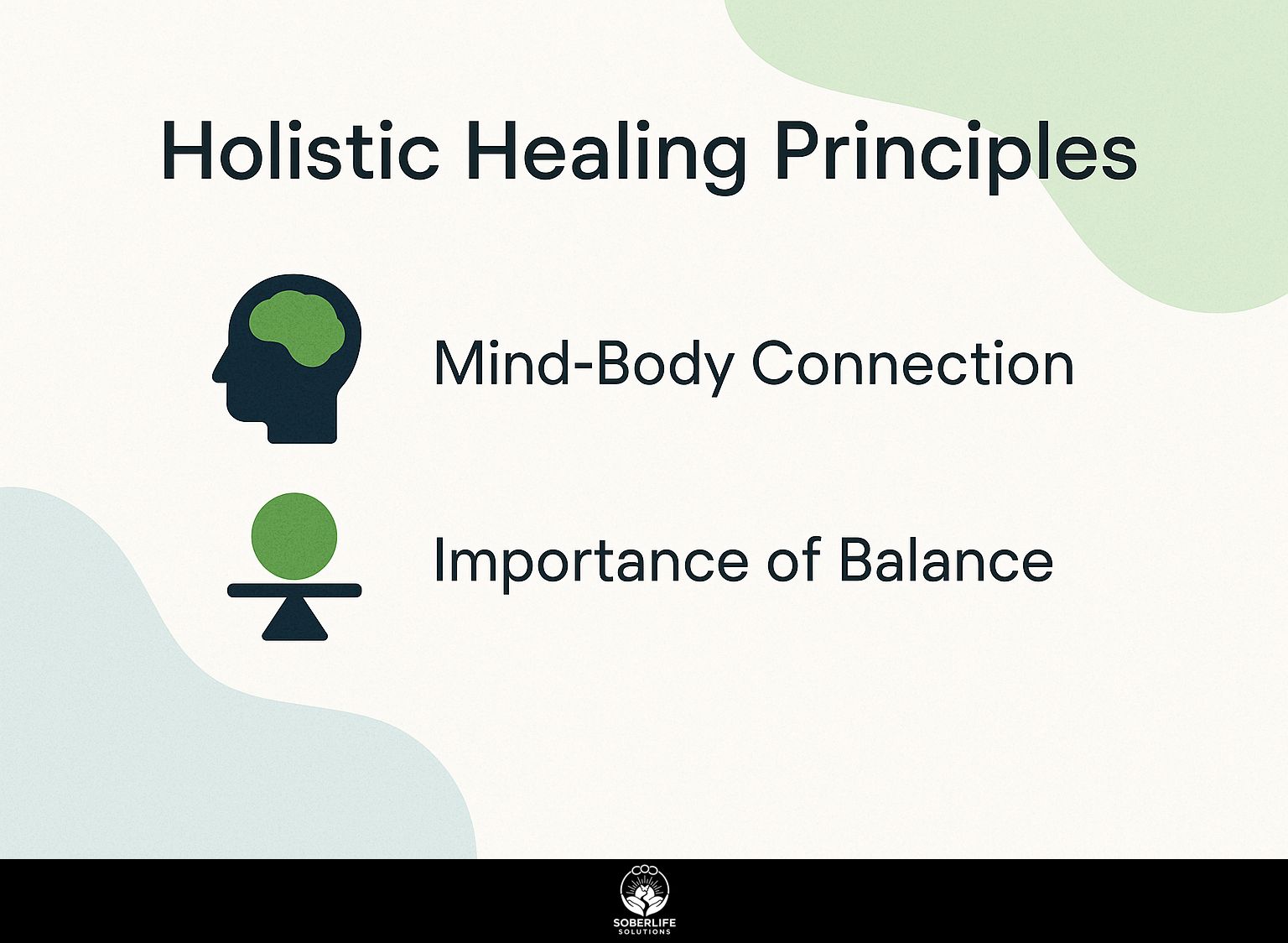
Holistic healing centers on core ideas that emphasize the connection between mental and physical health, focusing on balance to maintain well-being. Worth exploring: Philosophy of Holistic Therapy: Principles and Benefits offers deeper insights into how these principles can enhance your overall wellness.
Mind-Body Connection
The link between thoughts and physical health shows that mental states can affect how we feel physically. Studies show that being aware and present can improve emotional health.
For instance, a study from Northern Kentucky University found that participants engaging in yoga therapy reported significant reductions in anxiety and depression over an eight-week period.
Incorporating practices such as Tai Chi, which focuses on slow, deliberate movements and deep breathing, can further alleviate stress, as highlighted by a recent article on Nature.com discussing the neurobiological effects of mind-body exercises.
To make your day better, consider using apps like Headspace for meditation help or Insight Timer for free resources.
These methods help build strength, lift mood, and clear the mind, leading to a better balance between body and mind.
Importance of Balance
Finding balance in life is important for complete treatment, helping people handle stress and improve emotional stability effectively.
One effective strategy is to implement a daily routine that prioritizes self-care. For example, Treatment Connection has seen success through structured daily exercises such as mindfulness meditation, which only requires 10-15 minutes and can significantly reduce stress levels.
Doing physical exercises like yoga improves your physical health and helps clear your mind. Keeping a balanced diet rich in fruits, vegetables, and whole grains can further support emotional well-being.
Tracking progress through apps like MyFitnessPal or Headspace can help individuals stay accountable and motivated.
Therapeutic Techniques
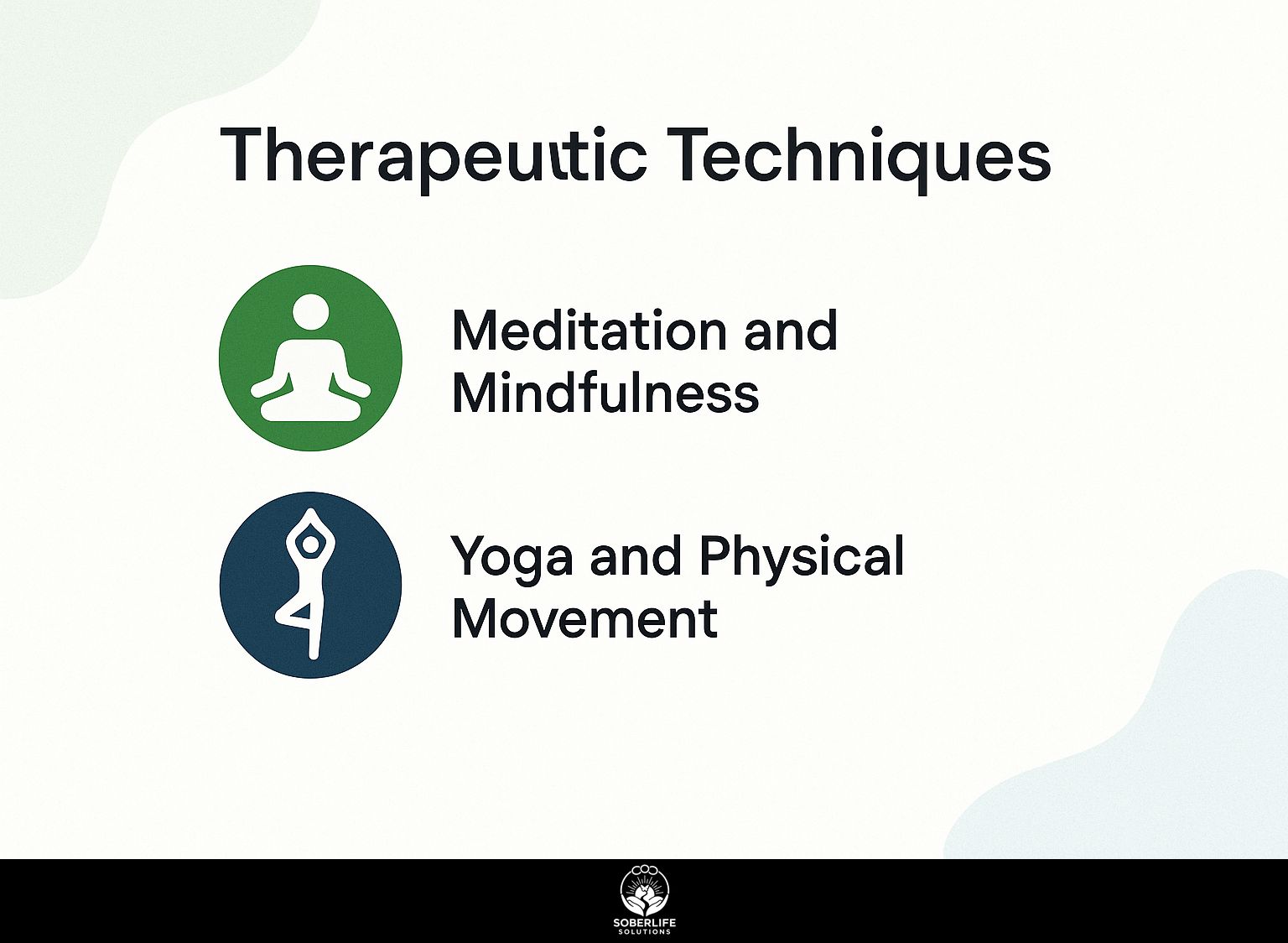
Different methods like recreational and art therapies are important for full recovery and better emotional health. For an extensive analysis of how these therapies, along with others like yoga, contribute to recovery, our comprehensive study of recovery techniques explores their benefits in depth.
Meditation and Mindfulness
Meditation and mindfulness exercises are effective ways to reduce anxiety, allowing people to become more aware and manage their emotions better.
To integrate these practices into your daily routine, start with a simple breathing exercise. Set aside 5-10 minutes each day.
Begin by finding a quiet space, sitting comfortably, and focusing on your breath. Inhale deeply through your nose for four counts, hold for four counts, and exhale slowly through your mouth for six counts.
Do this every day, as studies show that regular practice can build emotional resilience and decrease anxiety over time.
For more structured guidance, try apps like Headspace or Calm. They provide meditation sessions that last from 3 to 30 minutes.
Yoga and Physical Movement
Yoga therapy combines physical movement, breath control, and meditation, promoting emotional well-being and physical health in one practice.
To add yoga to your daily life, begin with a basic morning routine that takes around 15 minutes. Begin with a gentle warm-up like Cat-Cow poses to awaken your spine, followed by Downward Dog to stretch your legs and back.
Transition into Warrior Pose to build strength, and finish with a calming Child’s Pose for relaxation. Research from the American Nurses Association shows that doing yoga often can lower stress and increase flexibility.
Aim for consistency by practicing at the same time each day, gradually increasing the duration as you feel comfortable.
Natural Remedies and Nutrition
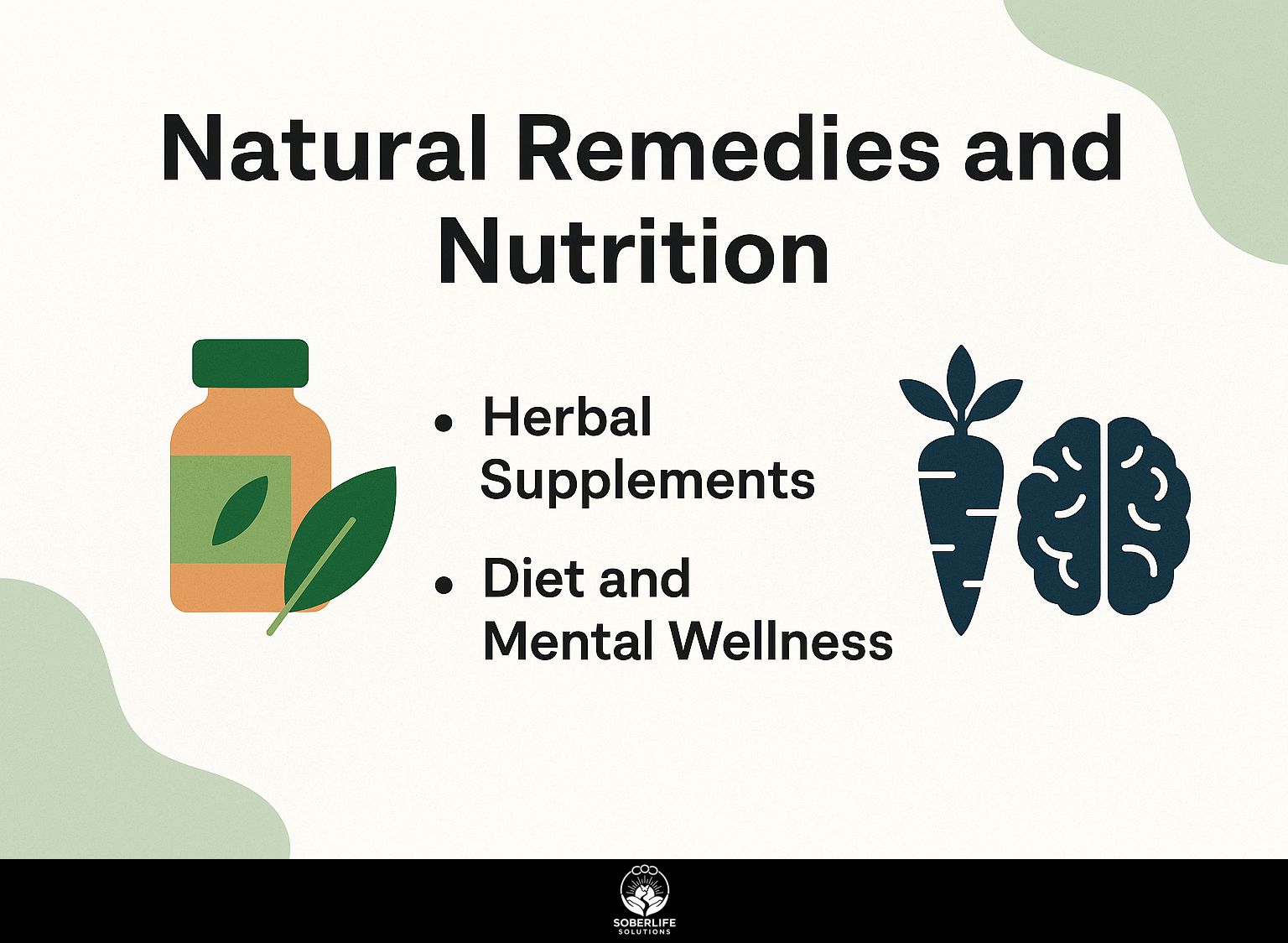
Natural remedies and nutrition are important for mental wellness. Research shows that some foods can improve emotional stability. For those exploring dietary approaches, nutrition therapy offers significant benefits and can be a crucial component of maintaining mental health.
Herbal Supplements
Herbal supplements like St. John’s Wort and Ashwagandha may help in treating mental health disorders.
Consider St. John’s Wort, which may help alleviate mild to moderate depression. A typical dosage ranges from 300 to 900 mg per day, according to multiple studies, including a meta-analysis in the Journal of Affective Disorders. For a comprehensive overview of its benefits and safety concerns, the Mayo Clinic provides further insights on St. John’s Wort.
Similarly, Ashwagandha is documented to reduce anxiety; dosages between 300 to 600 mg of root extract are common, supported by research in the Indian Journal of Psychometry.
Always talk to a doctor or healthcare provider before beginning any new supplement, especially if you are on other medications.
Diet and Mental Wellness
A balanced diet rich in omega-3 fatty acids, whole grains, and fresh produce significantly impacts mental wellness and emotional regulation.
To improve mental health, add foods like fatty fish (salmon and mackerel), nuts (walnuts, flaxseeds), and leafy greens to your daily meals.
For instance, start your day with a smoothie blended with spinach, banana, and almond milk. Lunch could feature a quinoa salad topped with roasted vegetables and a portion of grilled salmon.
Research shows that these foods can reduce symptoms of depression and anxiety, with one study indicating a 25% reduction in depression risk among those who consume omega-3-rich diets regularly.
Building Supportive Communities
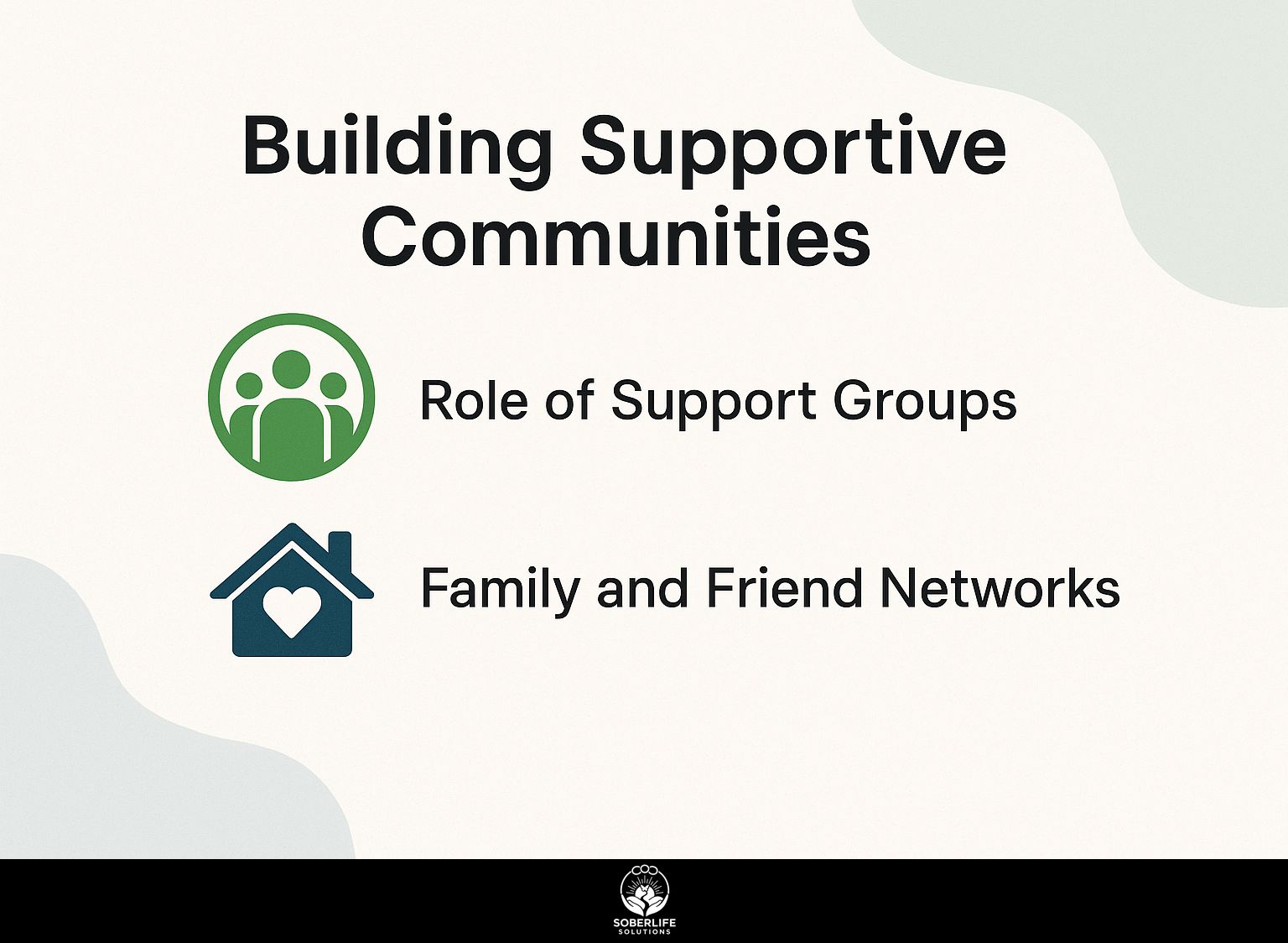
Forming supportive groups is important for mental health, providing people with emotional support and methods to handle stress. This concept is increasingly recognized in the virtual space, where virtual recovery groups are trending, offering accessible platforms for those seeking connection.
Role of Support Groups
Support groups are important resources. They provide emotional help and allow people to share experiences, which helps in healing and building strength.
These groups often meet regularly, providing a safe space to share feelings and coping strategies. For instance, the Life Harmony Institute offers weekly sessions where participants discuss challenges and successes in a compassionate environment.
To find or start a group, consider local community centers or online platforms like Meetup, which can help connect people with shared experiences. According to the Mayo Clinic, connecting with others in such settings reinforces personal growth by exchanging insights and support.
Regular meetings, ideally every week or every two weeks, are important because they encourage responsibility and improve connections among members, helping each person’s recovery process.
Family and Friend Networks
Strong networks of family and friends provide critical emotional support, enhancing individual resilience and overall emotional stability.
To improve these important connections, plan routine conversations using phone or video calls, focusing on communication. Engage in shared activities, like family game nights or book clubs, to nurture connections and create meaningful memories.
Research indicates that individuals with strong social ties experience lower rates of anxiety and depression. For instance, a study published in the Journal of Health and Social Behavior found that supportive relationships can lead to a 50% increase in overall happiness.
Investing time in these relationships pays significant emotional dividends.
Frequently Asked Questions
What are complete methods for mental and emotional healing?
Treating mental and emotional issues means focusing on the entire person, not just treating individual symptoms. This can include addressing physical, mental, emotional, and spiritual aspects of a person’s well-being.
What are some whole-body methods for improving mental and emotional well-being?
Some examples of complete methods include mindfulness exercises, meditation, yoga, acupuncture, changes in nutrition and diet, and counseling or therapy.
How can complete methods help with mental and emotional recovery?
Whole approaches focus on fixing the main cause of mental and emotional problems instead of only handling the symptoms. This can lead to long-lasting and sustainable healing, as well as improved overall well-being.
Are broad methods supported by scientific proof?
Some natural practices might not have a lot of scientific support, but many have been researched and found to benefit mental and emotional health. You should investigate and speak with a trustworthy healthcare provider before beginning any new natural approach.
Can complete methods be combined with conventional treatments for mental and emotional problems?
Yes, many traditional treatments for mental and emotional problems can be improved by including whole-person methods. Talk to a healthcare expert to make a complete treatment plan together.
What are some possible advantages of using whole-person methods in mental and emotional healing?
Some potential benefits include reduced stress and anxiety, improved mood, increased self-awareness and self-care, and improved relationships and communication. Complete methods can also help to create strength and improve general health.


